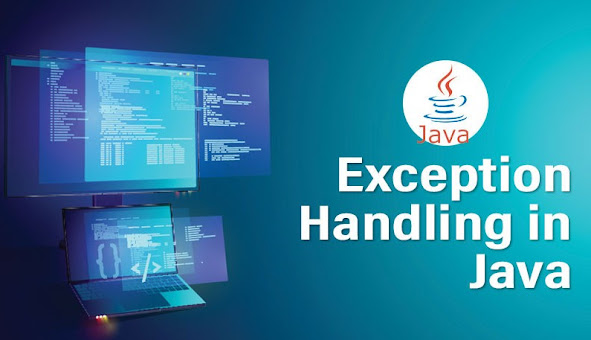Exception handling in Java
Introduction:
In Java, exceptions are used to handle runtime errors that occur during program execution. Exception handling is a mechanism provided by Java to handle these errors in a structured and organized way. It allows developers to catch and handle exceptions, preventing the program from crashing and providing a way to recover from errors.
In this blog, we will discuss exception handling in Java, its syntax, and how it can be used to handle errors in a program.
Syntax:
The syntax for exception handling in Java is as follows:
try {
// code that may throw an exception
} catch (ExceptionType1 e1) {
// code to handle ExceptionType1
} catch (ExceptionType2 e2) {
// code to handle ExceptionType2
} catch {
// code that will always execute
}The "try" block contains the code that may throw an exception. If an exception occurs, it is caught by one of the "catch" blocks. The "finally" block contains code that will always execute, regardless of whether an exception occurred or not.
Example:
Let's look at an example to see how exception handling works in Java.
public class DivideByZeroExample { public static void main(String[] args) {
int numerator = 10;
int denominator = 0;
int result = 0;
try {
result = numerator / denominator;
} catch (ArithmeticException e) {
System.out.println("Exception: " + e.getMessage());
}
finally {
System.out.println("Result: " + result);
}
}
}In the example above, we have a program that tries to divide a number by zero. This will throw an "ArithmeticException". To handle this exception, we have wrapped the division code in a "try" block and provided a "catch" block to handle the exception. In the catch block, we print the exception message. The "finally" block prints the result, regardless of whether an exception occurred or not.
Conclusion:
Exception handling is a powerful mechanism provided by Java to handle runtime errors in a structured and organized way. By using exception handling, developers can catch and handle exceptions, preventing the program from crashing and providing a way to recover from errors. It is essential to use exception handling judiciously and handle exceptions appropriately to avoid creating code that is difficult to understand and maintain. By following best practices for exception handling, developers can create robust and error-free Java programs.





Share Your Feedback Here !!